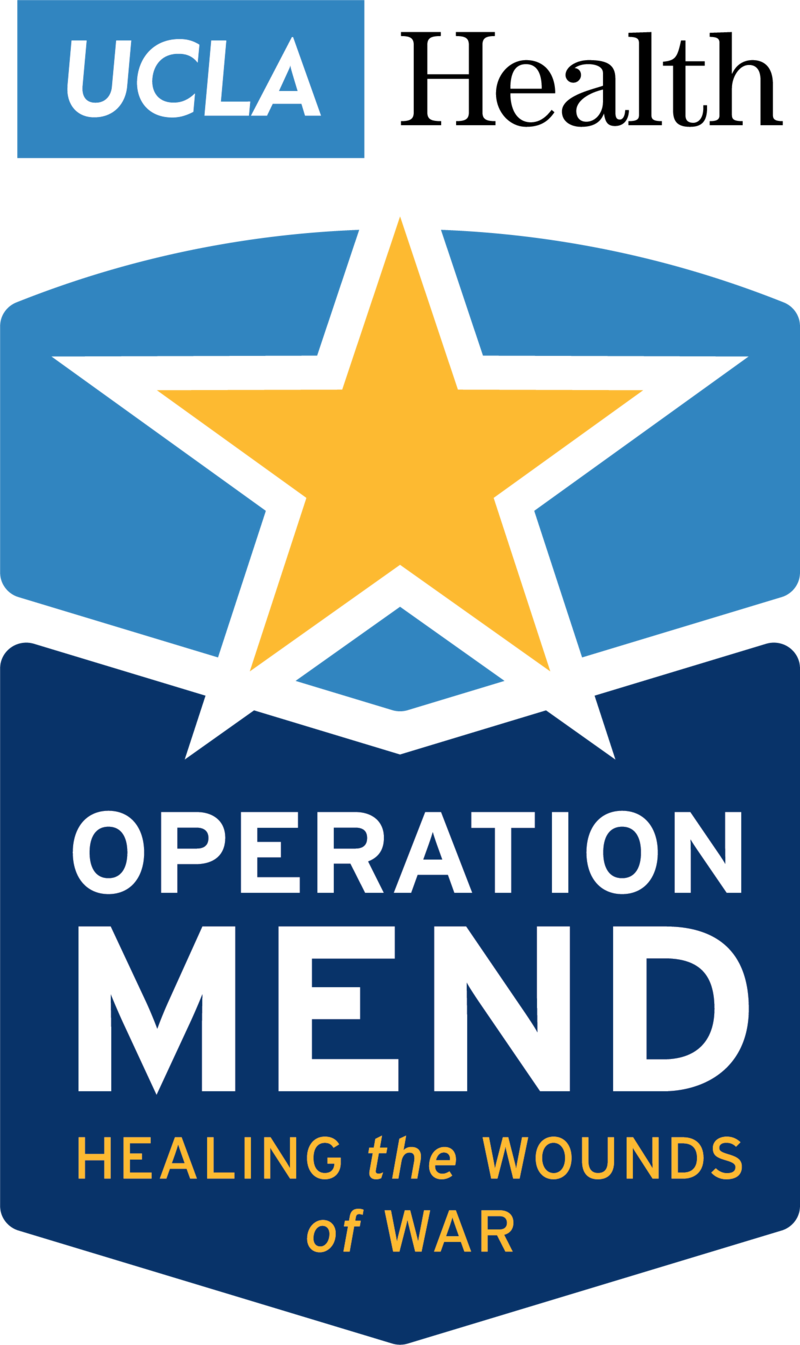Operation Mend launched in 2007 to provide free specialized health care to post-9/11 veterans injured in war. Nearly 20 years later, the organization continues offering psychological and physical specialty care at no cost to these veterans and their caregivers.
Is Operation Mend unique in the services it provides?
“One of the truly extraordinary developments was that UCLA absolutely opened their arms and facilities to Operation Mend, embracing the effort of doing everything we can to help mend the physical and psychological injuries of post-9/11 warriors,” said Jo Sornborger, PsyD, executive director of Operation Mend. “Today, we are still the only veteran service organization that treats the physical injuries at no cost to the warrior.”
Since about 80% of veterans treated in the program come from outside California, Operation Mend finds programs and resources in their home states to provide ongoing help after their treatment at UCLA.
Origins of Operation Mend
It started with the vision of Los Angeles philanthropists and UCLA alumni Ron and Maddie Katz, who wanted to provide better post-injury care to veterans who were not receiving that care. They wanted to give back to UCLA by using their contacts and resources at the university.
Holistic approach to care
The initial focus of Operation Mend was to provide surgeries to wounded warriors, and once Dr. Sornborger joined in 2009, she made it a point to expand the program’s “whole-person” services for patients — while also addressing issues their families were facing.
Caring for families
Dr. Sornborger noticed the program treated veterans and also wanted to involve their loved ones, who are crucial to the veteran’s emotional support“So we started doing behavioral health screenings, asking a broad range of questions about depression, anxiety, post-traumatic stress, and the overall impact of the injuries on the family member as well as on the warrior,” she said. Though not a surprise to Dr. Sornborger, the screenings showed that some family members were suffering mentally as much as the wounded veteran.“It turned out that the effects on some family members were so significant that they were meeting criteria for several mental health diagnoses,” she said.That led to an expanded effort to connect family members with mental health treatment centers in their communities, similar to the strategy for the wounded warriors themselves.
Support for caregivers
The program helps support caregivers with the needs of wounded warriors.
“Often the caregiver has been thrown into that role overnight, and it is very hard to be prepared for what is ahead, especially when the caregiver is experiencing post-traumatic stress symptoms as well,” Dr. Sornborger said.
By including caregivers as participants in the warriors’ treatment, the warriors don’t have to try to translate what they learned in a treatment program. “Instead, the caregiver receives the same skills and support as their warrior,” Dr. Sornborger said.
Changes over time
Dr. Sornborger noted fewer recent injuries among service members but more veterans in their 40s and 50s seeking treatment, especially for traumatic brain injuries. For these veterans, mental health support remains critical.Working with Operation Mend has allowed Dr. Sornborger to focus on veterans’ mental health needs. Operation Mend is part of Wounded Warrior Project’s Warrior Care Network, collaborating with Massachusetts General Hospital, Rush University Medical Center, and Emory University.“We always had this goal of building a very collaborative network, and that’s exactly what we are,” she said. “We collaborate on best practices, not only with our direct treatment, but also with case management and the referral system. We are an extremely collaborative network of academic medical centers providing the best treatment for our post-9/11 veterans.”


